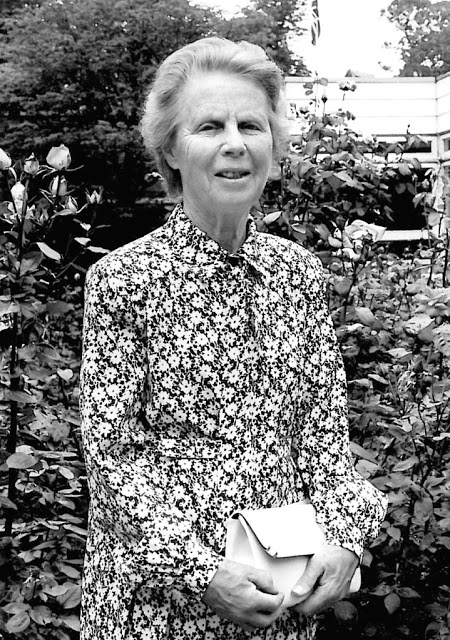This International Women’s Day, St Ann’s Hospice is celebrating their founder for the incredible work she pioneered in Greater Manchester and the legacy she’s left for this to continue.
Yet, almost unbelievably not many people know her name and her founding role in the hospice’s history.
Dr Moya Cole OBE was one of the founders of the Heald Green hospice in Stockport in 1971, and was also instrumental in the decision for St Ann’s to open a second hospice in Little Hulton in Salford in 1979.
Moya was a monumental trailblazer for women as well as a huge intellect – graduating with a BSc degree in physics from Queen’s University in Belfast in 1939 and earning an even more impressive MSc a year later. In 1950 she moved to Manchester and what was then the Christie Hospital and Holt Radium Institute.
Among her many achievements, she was the first person to give Tamoxifen to patients as part of a clinical trial in the early 1960s, publishing many papers on breast cancer.
According to Professor John Crown writing in The Irish Times: “Dr Cole is the great unsung heroine of Irish cancer research. She carried out the most influential piece of work ever done by an Irish cancer researcher, which has probably saved more than a million lives worldwide.”
Aside from her ground-breaking work on breast cancer, it is also fair to say that without Moya Cole’s vision and determination there would be no St Ann’s Hospice.
In 1967 Moya and the then Bishop of Manchester, the Rt Rev Dr William Greer, had the idea for a hospice for the people of Greater Manchester. Together, they worked for 18 months to win over businesses and the public; they were consequently successful in founding St Ann’s Hospice in 1969.
The hospice in Heald Green was officially opened by the Queen Mother in 1971. Within a few years it was so successful that a second site was set up in Little Hulton in 1979.
Moya worked hard to secure enough funding to keep the hospice going when she became deputy chairman of St Ann’s in 1977, and finally chairman in 1983. After retiring from the Christie hospital, Moya continued working as medical director and chair of the management committee. She was awarded an OBE in 1990.
Without Moya’s pivotal role in Greater Manchester’s history there would not be a hospice that helps and supports thousands of people each year.
Over the last 50 years, St Ann’s Hospice has consistently provided support to the people of Greater Manchester. Raising awareness of the incredible work Moya instigated is the least that can be done in celebrating her success as a medical pioneer.







